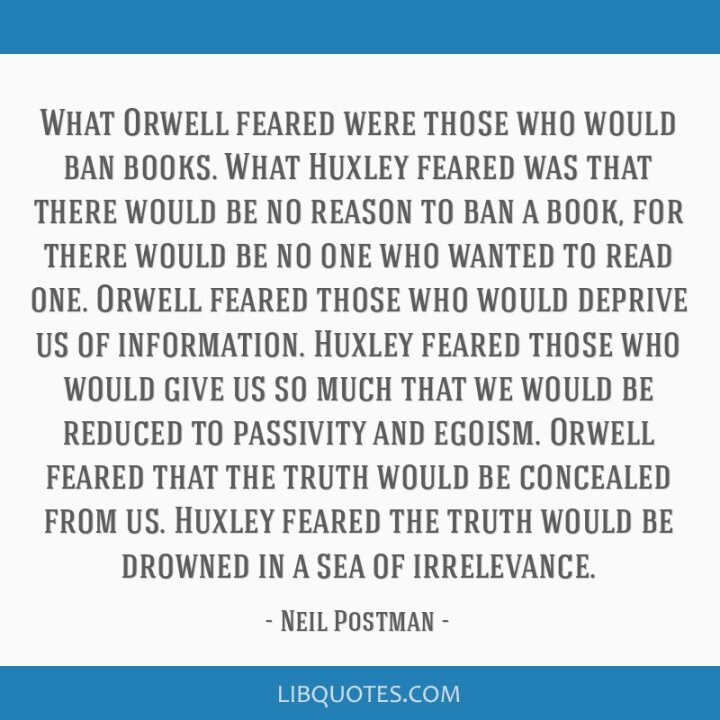@
dirge Thank you for your response.
While I know of that system, it's not something I could use in this particular case, because I didn't remember the title exactly in addition to not knowing the author.
Unfortunately that particular system doesn't use artificial intelligence (AI), which Google currently does in it's search results, with a huge caveat.
Google's AI likes to give what is popular at the time of the search. That is why Google will not always give the same results, even given different times of day.
In my case, I assumed the title was InVivo instead of "In Vivo". Just one word. No normal search site can possibly get around such a mistake in spelling. They usually need precise title names. Even then, they want author names, which I had no idea what so ever who the author was.
Yet as I mentioned, Google NOW is using AI on its search engine. That, with my own knowledge on how Google's AI works, allowed me to finally find this book.
Even three years ago this wouldn't have worked. Google's AI was still learning. 😆
Hopefully, sometime in the future, such sites as you have given will be incorporating certain aspects of AI, like "Natural Language Processing" (NPL), and not be so dependent on "popularity" of the subject.
Here is a tip on getting around Google's "popularity" problem.
Conduct your search at times where few people are online. Around 2am in the morning on a week day is perfect, because everyone is asleep! 😆

